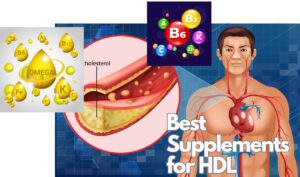

Migraines are more than just bad headaches. They’re a complex dance of chemicals and nerves in your brain that leave you throbbing in pain. But there’s hope! This article dives into the science behind migraines and explores the various medications that can help you fight back.
Understanding the Migraine Battleground:
Imagine tiny soldiers called inflammatory mediators causing havoc in your brain. These guys activate your trigeminal nerve, a major pain pathway, triggering that throbbing sensation in your head.
Serotonin: Friend or Foe?
This key chemical plays a double role. Higher serotonin levels can trigger auras, those visual disturbances you sometimes experience before a migraine. Lower levels, however, can lead to vasodilation (widening of blood vessels) and the pain party that follows.
Meet Your Migraine Warriors:
- Triptans and Ergots: These medications act like knights in shining armor, constricting blood vessels and blocking pain signals. Triptans target specific receptors, while Ergots have a broader effect.
- NSAIDs and Steroids: Think of them as firefighters, calming down the inflammation triggered by those pesky mediators.
Long-Term Defense Strategies:
For frequent migraines, there are preventative warriors too!
- Beta-blockers: These medications act like guards, tightening blood vessels to prevent the initial attack.
- Tricyclic Antidepressants: These can increase serotonin levels, leading to vasoconstriction and reducing inflammation.
- CGRP Antagonists: These newer warriors target a specific molecule called CGRP, a major culprit in vasodilation during migraines.
- Botulinum Toxin: This might sound scary, but in tiny doses, it acts like a shield, blocking pain signals in the trigeminal nerve.
Important Safety Notes:
Every warrior has limitations. Here’s what to watch out for:
- Ergots: Pregnant women should avoid them due to potential risks. Combining them with certain medications can lead to a dangerous condition called serotonin syndrome.
Serotonin Syndrome: A Double-Edged Sword:
Imagine your body going into overdrive – that’s serotonin syndrome. Combining certain medications can trigger this, causing agitation, diarrhea, and even seizures.
Remember: This article provides a general overview. Always consult your doctor to find the best migraine medication for you.
Disclaimer: This information is not a substitute for professional medical advice. Please consult with your doctor for personalized recommendations.




